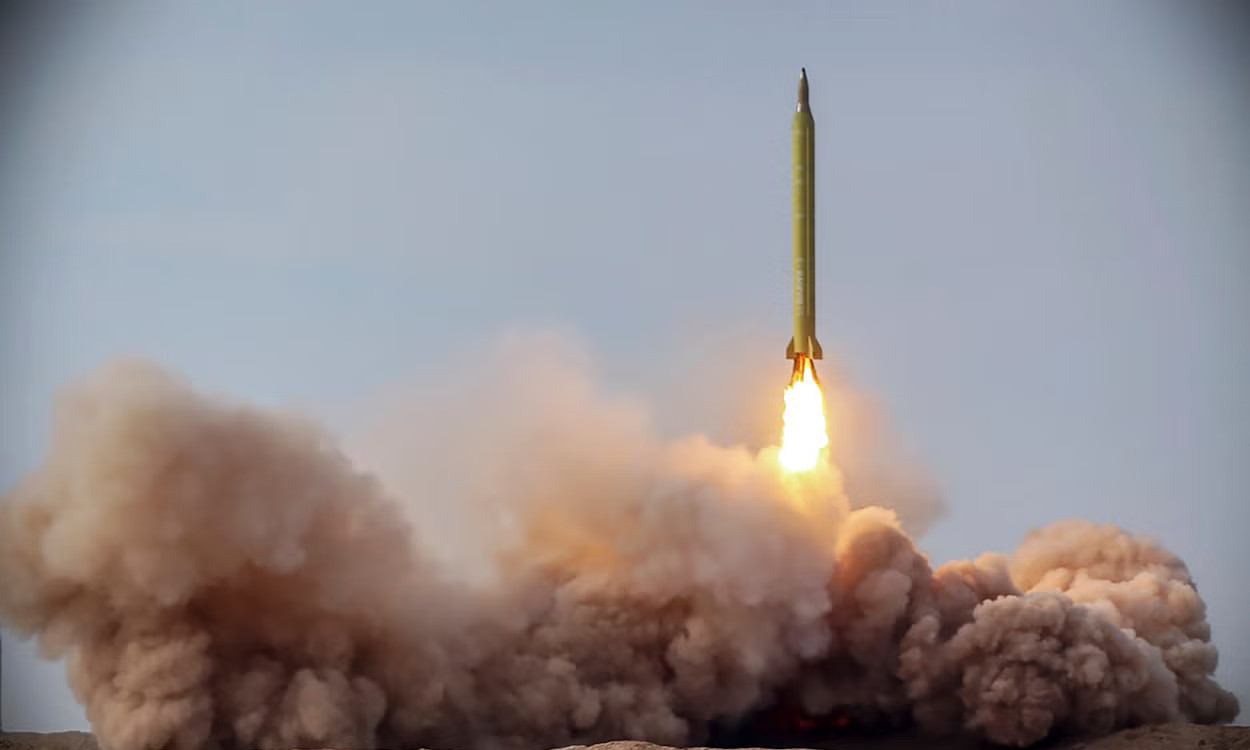This article is reproduced from Uncaptured Media, with thanks.
*****
On 9 October, two days after the surprise Hamas military assault on Israeli bases and settlements surrounding Gaza, prime minister Benjamin Netanyahu pledged to defeat Hamas.
However, eight months later, Israel has failed to achieve its stated goal. Instead, it is facing unprecedented international isolation, political instability, charges of genocide at the top world court, and arrest warrants for its leadership. With no end in sight as Netanyahu rejects ceasefire proposals, the Israeli military is now facing its most dire challenge yet: personnel shortages, fatigue and desertion.
A series of articles in Israeli media reveal the depths of the challenge Israel is facing.
Amir Rapaport, a top Israeli journalist with close links to the military establishment, wrote that army brass are worried by “the physical and mental exhaustion and burnout of the soldiers, particularly those in regular service, alongside a severe shortage of commanders”.
He added that these shortages are “present throughout the ranks of the military, with the most severe shortage among field-grade commanders – platoon and company commanders, and even beyond that. Training each commander is a process that takes years, and the shortage is felt everywhere.”
The Israeli military admits to the deaths of 644 soldiers, and 3,703 injuries since 7 October. However, that injury figure is almost certainly an undercount. In April, the Israeli outlet Calcalist reported that 7,200 soldiers were injured, nearly double what the government’s official statistics revealed. Those numbers have surely increased by now as the Palestinian resistance in Gaza has carried out numerous successful attacks on invading Israeli forces.
Those who continue to fight are tasked with operating in areas that the Israeli military declared were conquered months ago. On 6 January, Israel claimed that Hamas had been defeated in Jabaliya refugee camp. However, soldiers returned there in May, waging a 20-day operation that many described as “Sisyphean” – a reference to the Greek myth about a king punished with the endless task of moving a boulder up a steep hill, only to watch it roll down again.
One company commander in the 196th Battalion complained: “It’s frustrating to see this, seven and a half months after the war began.”
Missing from mainstream accounts is that Israel committed heinous massacres in its second failed reconquest of Jabaliya, leaving decomposing bodies amid large swaths of rubble.
Meanwhile, an IDF manpower directorate survey published by the Israeli news site Ynet found that only 42 percent of Israeli military career officers indicated that they would like to continue serving in the military, compared to 49 percent in August 2023. This decrease shocked Israeli army brass, which had assumed that morale would increase in times of war.
“The long war is exhausting, family life is affected for both men and women who don’t see their spouses and children, and the compensation is inadequate given the long working hours alongside the stress and responsibility involved in some roles,” the article noted.
Beyond the personal aspects, Israel’s abject failure to defeat Hamas or bring back prisoners of war alive has affected their willingness to continue fighting.
“The sense of failure haunts the officers, and they don’t want to serve in a failed organisation,” according to a senior officer quote in the article.
Indeed, some reserve soldiers have refused to fight. In April, 30 paratroopers from a reserve company informed their commanders that they would not show up for duty because of burnout. The company commander complained to Channel 12 that morale among the soldiers is “very low”.
‘The IDF and the state are going to collapse from within’
Major General Yitzhak Brik, the former military ombudsman who earned the nickname ‘Prophet of Wrath’ for accurately predicting long before 7 October that Israel was totally unprepared for an imminent regional war, has penned a column warning that Israel has already lost the war against Hamas and the political and military leadership’s refusal to recognise this fact is driving Israel into an “abyss”.
“One fact is clear and certain, and I sign it knowing the facts – the IDF does not have the power to win this war against Hamas, and certainly not against Hezbollah. I think so not because we don’t want to win, but God simply does not have our hand to do so. Our army is tiny and worn out and has no surplus of forces. In this situation, every day that the war continues, our situation is getting worse,” Brik wrote.
If the war is not immediately stopped, Brik warns, the Israeli state will soon come to an end.
“The IDF and the state are going to collapse from within. The collapse of the state is only a matter of time because we may lose it if a complete regional war also breaks out.
“The ‘captains’ at the political and military levels, who are leading the war in Gaza, do not want to acknowledge the harsh facts for which they are responsible. They have only one agenda – to continue the fighting at any cost because it’s the only thing that guarantees them the continuation of holding their positions for another short period of time.”
While Israel struggles to make any achievement in Gaza beyond committing genocide, Israeli finance minister Bezalel Smotrich fantasises about conquering the much stronger Lebanese militant group Hezbollah and conquering southern Lebanon “up to the Litani”.
“Many who heard his remarks raised questions about the IDF’s ability to carry out such a mission,” Rappaport commented on Smotrich’s statement.
Brik’s warning about the leadership was even more dire.
“They must be stopped. They are leading the people of Israel like sheep to the slaughter; this is a group that has gone completely and utterly out of its mind and ‘went off the rails’. Not saving the country stands before their eyes, but saving themselves and their survival in power.”
Brik compared Israel’s fate to the biblical Bar Kochva revolt, when jewish zealots attempted to rise up against the Roman empire but suffered a historic defeat and brought massive casualties to the jewish population. While jews see the failed uprising as a warning against false messiahs, zionist ideologues did the opposite, taking inspiration and naming themselves after its central figures.
With the physically and morally depleted Israeli military treading water (more accurately, blood) in Gaza, and the Biden administration refusing to use its leverage to compel Netanyahu to sign a ceasefire agreement, it may be Israel’s closest allies that push Israel into the end times scenario Brik envisions.














